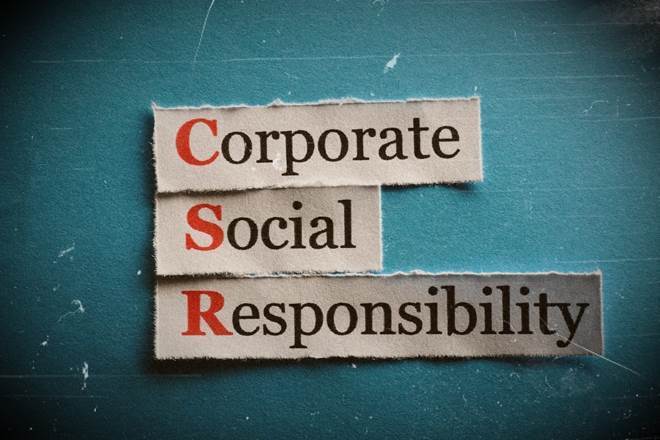By Rajat Vig
Corporate India has responded overwhelmingly to the government’s call to support COVID-19 relief efforts by contributing several hundred crores in donations to various funds in just few weeks. Given the staggering sum of funds that will be finally made available for the COVID-19 relief efforts, putting in place robust and effective frameworks to monitor and track the use of these funds and their impact on mitigating the pandemic, is critical. Historically, funds meant for large-scale relief efforts have seen misuse, misappropriation, and fraud. For example, an estimated US$ 500 million was misappropriated during the Hurricane Katrina relief efforts in the US. Given the disbursement pressure, stringent timelines, and limited transparency around fund use, ensuring effective utilisation and mitigating misuse can be challenging.
Below are some of the key considerations for improving effectiveness and minimizing malpractices while undertaking relief work.
Relook at tracking and monitoring systems
Keeping in mind social distancing measures and continued restricted movement for the next few months, a technology-based monitoring system could be beneficial. For instance, large-scale data collection can be enabled through mobile phones, to identify key target audience, and their perceptions, concerns, and preferred communication channels for relief work. Many organisations are also using technology to train their on-ground network of volunteers and implementation agency to ensure consistency in work practices.
Strengthen procurement policies and systems
Given the mass procurement of health equipment including Personal Protective Equipment (PPE), and food supplies with a short turnaround time, the risk of mismanagement is high. This scenario can result in fraud, corruption, and misuse of funds. To tackle this issue, organisations can consider establishing an emergency procurement policy/guidelines with details on how vendors will be identified and selected which could also specify the nature and extent of due diligence that will be carried out on suppliers which may include NGOs.
360 degree due diligence on current and potential partners
Many corporates are scrambling to identify suitable and reputed partners to assist with the COVID-19 response. Comprehensive verification of NGO’s credentials including their levels of activity and areas of operations can be a daunting task in the current scenario. Organisations to consider investing in due diligence tools which can provide key details and information on the NGOs. These details include key thematic areas; geographies of operations; work experience; financial performance; and information on their promoters, key management professionals, and overall governance.
Create access to electronic data for desk-based reviews
Our experience in West Africa and South East Asia highlights the need for an online repository for regulatory, compliance, programmatic, and financial data on NGOs and implementing partners. For this to happen, the NGOs and implementing agency would need to contribute to these online databases with details of their work, financial reports, annual programme reports, publicly available performance reports or donor reports, thereby improving their ‘discoverability’ to organisations that may need their support.
Focus on capacity development
There is a visible need for capacity development and training among the workforce delivering relief work. Employees need to be trained and reoriented to manage programmes. This would include skills in carrying out due diligence activities and managing financial and procurement related issues. Training modules also cover areas like remote programme monitoring, financial controls, fraud awareness and risk mitigation, and adhering to compliance and regulatory aspects.
Directing funds to meet evolving requirements
At present, the immediate need is for PPEs and ventilators. However, in a few months, the focus of relief work could shift towards building resilience and capacities among the vulnerable and marginalised sections of the society or in training health workers. The relief work strategy would need to be agile and flexible to accommodate these changing requirements, including the ability to manage and disburse funds at a short notice for new requirements. One would also need to build volunteer and build implementation agency networks with a wide range of capabilities to meet changing priorities.
Need for co-ordination among implementing agencies
In large scale relief operations like the one we would see in response to Covid-19, there is a risk of ‘crowding’ of relief interventions where multiple agencies focus on similar thematic areas targeted at overlapping sets of beneficiaries leaving out other areas and other beneficiaries. This can be overcome through better co-ordination among implementing agencies. Technology-based robust monitoring and evaluation can contribute to such efforts too.
To ensure an effective, efficient, and coordinated response to COVID-19, there is an urgent need to improve the management of response and relief programmes. Better coordination, capacity building efforts, transparency, and availability of information, along with the ability to use technology, can be key factors in determining the success of relief work.
- Rajat Vig, Partner — Forensic, Financial Advisory, Deloitte India and Mathew Mathai, Associate Director. Views expressed are the authors’ own.

